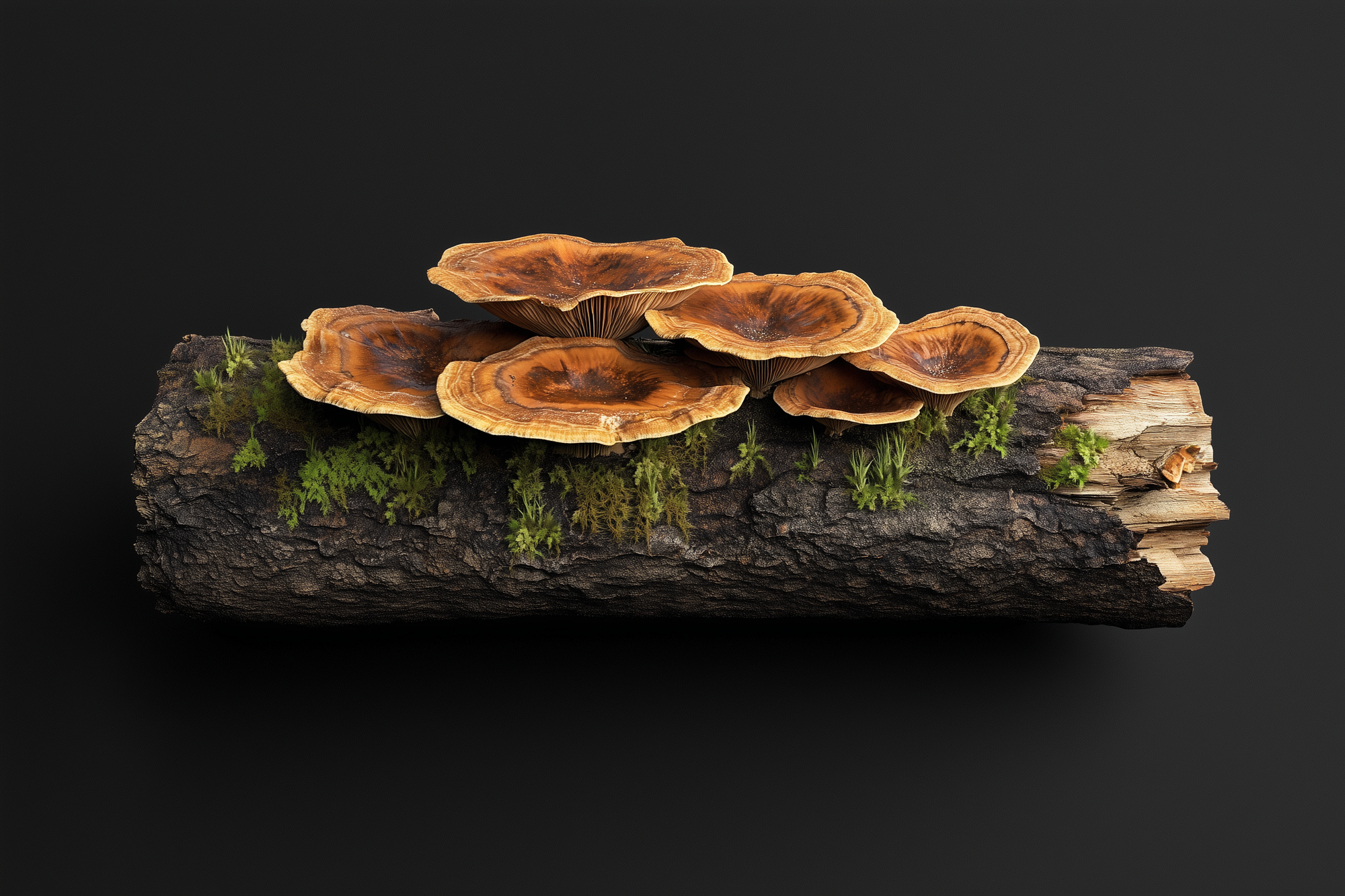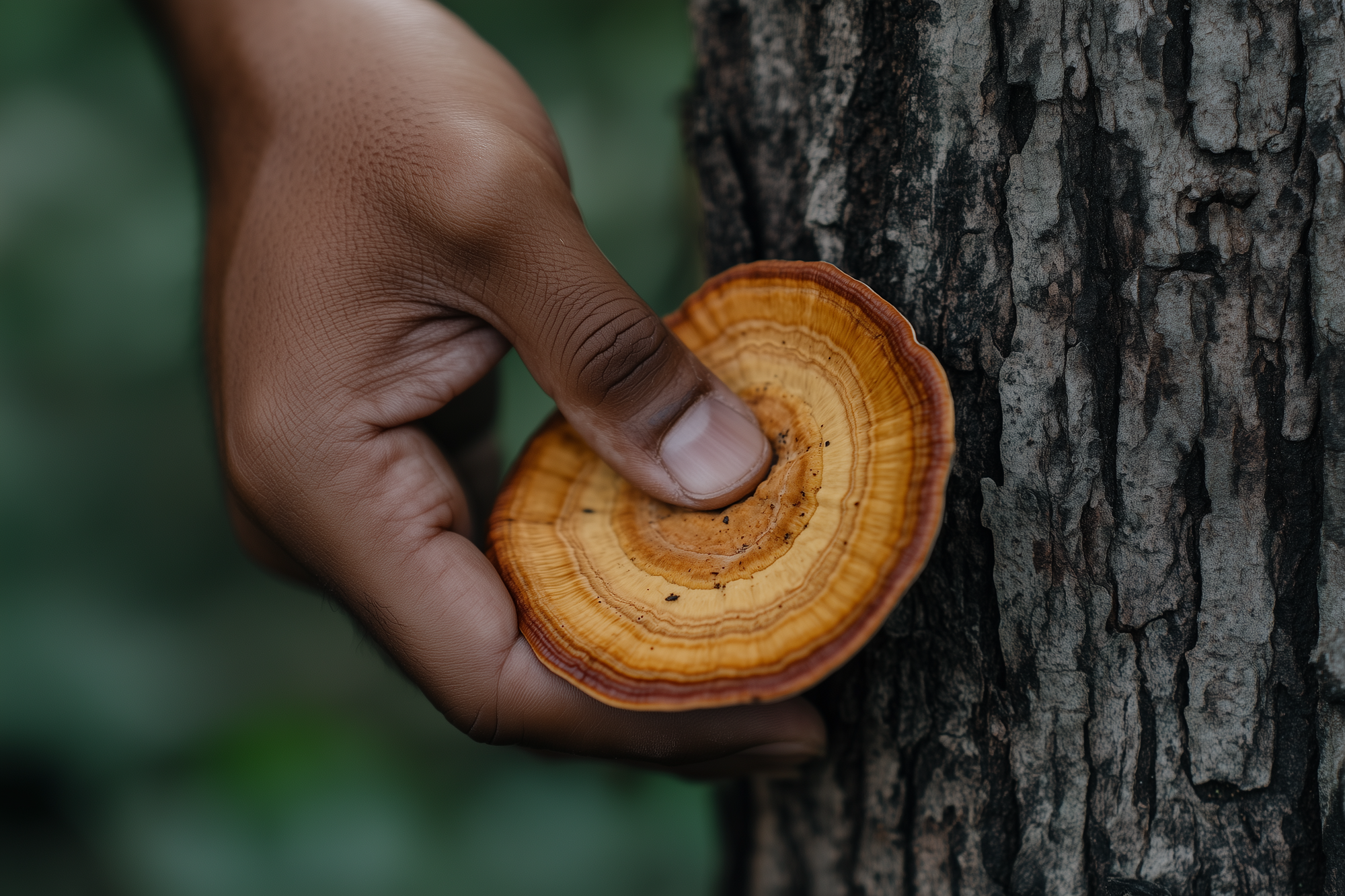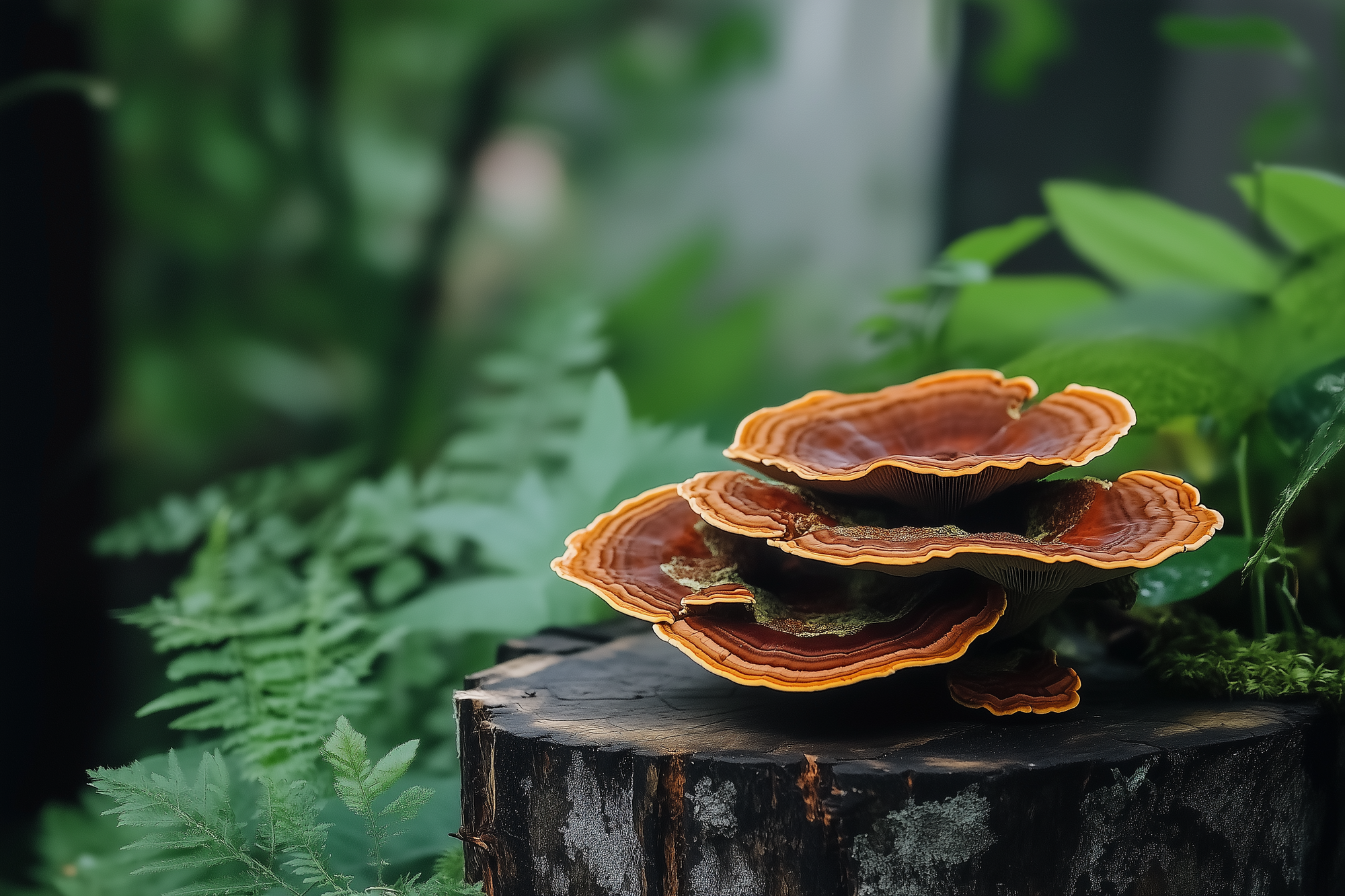From Challenges to Comfort: Palliative Care for Dementia Patients
Practical ways palliative care makes life more comfortable for dementia patients, addressing their physical and emotional needs with care.
Known as the 'mushroom of immortality,' reishi has intrigued wellness advocates for centuries. Modern research has identified compounds like beta-glucans and triterpenes that may aid immune function and offer antioxidant protection.

The reishi mushroom, also known as Ganoderma lucidum, has long occupied a hallowed space in traditional Eastern medicine. Referred to as the “mushroom of immortality,” reishi was once so valued in China that it was reserved for emperors and monks seeking physical and spiritual longevity. Today, the mushroom is part of a rapidly growing wellness industry. Proponents claim it offers benefits ranging from immune support to anti-cancer properties, but how much of this lore stands up to scientific scrutiny?
The cultural significance of reishi is undeniable. Dating back more than 2,000 years, this mushroom was described in classical Chinese texts as a “divine mushroom,” praised for its supposed effects on health and vitality. In Japan and China, reishi became a symbol of wellness. As with many traditional remedies, modern science has taken a keen interest in understanding the properties that fueled its reputation.
Yet it’s important to recognize that this legacy is largely anecdotal. Today’s researchers are dissecting reishi’s bioactive compounds to determine whether its historical acclaim can be supported by evidence, or if it simply serves as a historical artifact in medicine.

Reishi’s appeal as a health supplement stems largely from two types of bioactive compounds: beta-glucan polysaccharides and triterpenes. These are the chemical components thought to be behind the mushroom’s reported benefits.
The presence of these compounds in reishi has driven both laboratory research and human studies, albeit with results that vary widely depending on the methodology and sample sizes.
Immune support is one of reishi’s most frequently cited benefits. Studies suggest that its beta-glucans may help boost immune responses by stimulating the activity of white blood cells. In one small clinical trial, patients with advanced-stage cancer experienced increased levels of immune-regulating chemicals, such as interleukins, after taking a reishi extract. While these findings are intriguing, it’s critical to note that most studies have involved limited numbers of participants, and findings are far from conclusive.
Claims that reishi has anti-cancer properties are largely derived from laboratory and animal studies, which have shown some promise. In lab settings, reishi extracts have slowed tumor growth and stimulated immune cells known as natural killer (NK) cells, which target and destroy cancer cells. However, translating these findings to human applications is complex.
For example, in one small study involving patients with colorectal adenomas, reishi extract was associated with a reduction in the size and number of adenomas. However, broader clinical trials are needed to validate these effects in a meaningful way, and major health organizations, including the American Cancer Society, advise that current evidence is not sufficient to recommend reishi as an anti-cancer therapy. There are other benefits however that are less controversial when taking these mushroom supplements, as they are a fairly good source of fiber, high in antioxidants, and have pre-biotic functions that can help with gut bacteria.

Reishi is sometimes marketed as a natural treatment for fatigue. Some studies have indicated that reishi extracts may help alleviate chronic fatigue symptoms, possibly due to the mushroom’s effects on immune response and inflammation. Although promising, this area of research remains largely exploratory, with limited human trials to provide definitive conclusions.
Reishi’s antioxidant activity is another frequently mentioned benefit. Antioxidants combat oxidative stress, a known contributor to aging and various chronic diseases. Studies on reishi extracts have demonstrated a high level of antioxidant activity, suggesting they could play a role in protecting cells from the damage associated with aging and environmental factors.
Reishi is sometimes marketed as beneficial for people with blood sugar or blood pressure concerns. Research on this, however, has produced inconsistent results. Some studies suggest reishi may help lower blood sugar levels, while others show little to no effect. The same is true for blood pressure, with results varying significantly depending on the study design and reishi preparation used. Current evidence does not strongly support its use for managing blood glucose or blood pressure, and further, more rigorous studies are needed.
One of the main challenges in evaluating reishi’s effects is the variability in study designs. Research on reishi is often conducted in laboratory settings or with animal models, making it difficult to accurately translate these results to human health. Additionally, human studies tend to be small, lacking the statistical power needed to draw firm conclusions.
Another complicating factor is the standardization of reishi products used in studies. Extracts can vary widely in potency and composition, meaning that two different reishi products may not produce the same effects. Without consistent formulations, comparing results across studies is challenging, adding an additional layer of complexity to the research.

Reishi is generally considered safe for short-term use, but it can cause side effects in some individuals. Common side effects include dryness of the mouth and throat, mild itching, and digestive upset. Additionally, reishi may interact with certain medications, particularly anticoagulants and immunosuppressants, which could lead to adverse effects.
Given these considerations, anyone interested in using reishi as a supplement should consult a healthcare provider, especially if they have existing health conditions or are taking medication.
The allure of reishi lies in its fascinating history and the promise of natural health support. While early research hints at benefits such as immune support, antioxidant activity, and potential anti-cancer effects, these findings remain tentative. Reishi’s reputation as the “mushroom of immortality” may be compelling, but further research is absolutely necessary to determine if this can actually help you to live longer.